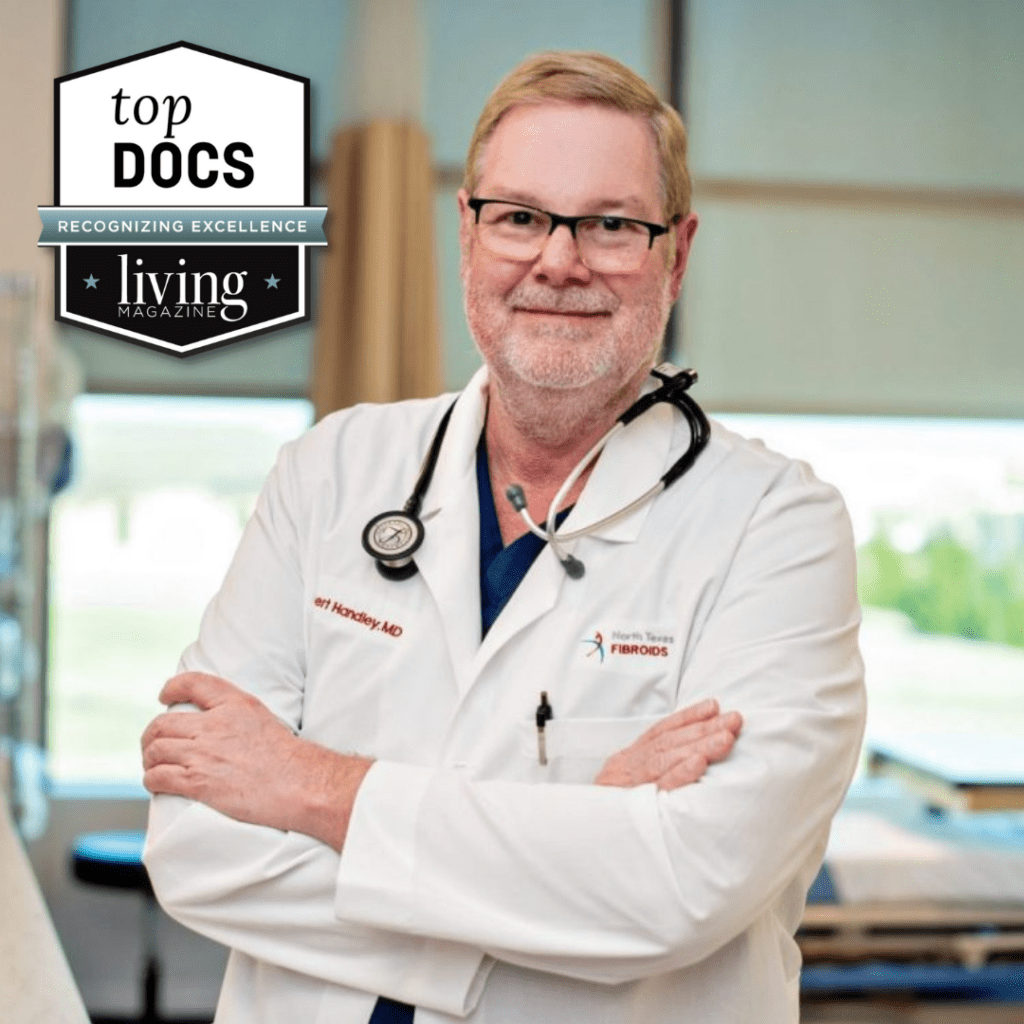If you’re standing in front of a mirror and you can see a number of swollen, discolored veins covering your legs, the question might sound a little nonsensical.
But what if you can’t see any visible signs of varicose veins, but you’ve noticed that you often experience swollen legs and ankles, and your legs often feel weak and tired after only a few minutes of walking or standing? Have you noticed changes in the color or texture of the skin on your legs, and is your skin more prone to inflammation and scaling than in the past? Do you sometimes feel so much heaviness, burning, itching, or achiness in your legs that all you can do is sit around and say “My legs hurt”? Could any of these symptoms be an indicator of varicose veins, or other forms of vein disease?
Hint: they could. Not everyone who has varicose veins displays visible symptoms.
The only way to be sure you have or don’t have varicose veins is to have a vein health screening
A venous health screening at Flower Mound Vein Center takes only about an hour, and is completely painless. Dr. Robert A. Handley, Flower Mound vein specialists will start by asking questions about your and your family’s medical history, and about any risk factors for vein disease you might have, like smoking or patterns of non-exercise or inactivity. If you are female, the doctor might ask whether you have given birth, or are taking birth control pills or hormone replacement therapy, all of which are risk factors for vein disease.
Then, in a comprehensive physical examination, Dr. Handley may take your blood pressure (often in two locations to measure the ankle-brachial index, a measure of proper blood circulation), and may use ultrasound to look beneath the surface of the skin to visualize the actual blood flow through your veins. Ultrasound is safer than X-rays, and uses high-frequency sound waves to pinpoint problems that can’t be seen on the surface. The use of ultrasound is especially useful if your symptoms or medical history suggest the possibility of a condition called chronic venous insufficiency, or CVI. This is one of the most common causes of varicose veins, and results when the one-way valves that control blood flow back to the heart become “leaky,” and allow blood to flow back into the veins and pool there. Ultrasound is even more valuable if your symptoms and medical history indicate high risk factors for harder-to-detect and more dangerous vein diseases such as deep vein thrombosis (DVT).
What happens after the screening? What’s next?
The answer to this depends on what the doctor finds during the examination. If he finds no evidence of current varicose veins but your medical history suggests that you have a high risk of developing them, he can recommend ways to reduce your risk and keep you healthy. If varicose veins or other forms of vein disease are found, he will present all of the possible treatment options to you. These may range from conservative treatment such as the use of compression stockings to manage symptoms and improve circulation to treatments such as sclerotherapy or endogenous laser therapy to completely remove varicose veins.
Whatever the outcome of your screening, the important thing is that you will know the precise state of your venous health, and how at risk you are of developing vein disease. And you can accomplish all of this with a single phone call to one of the best vein doctors in Texas at 972-410-5757 to schedule an appointment for an initial consultation. Or visit our website at flowermoundveins.com/ to find out more.
